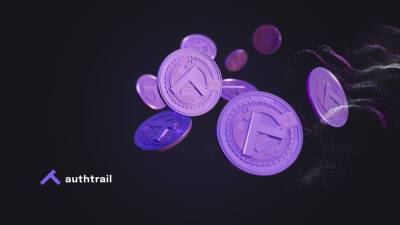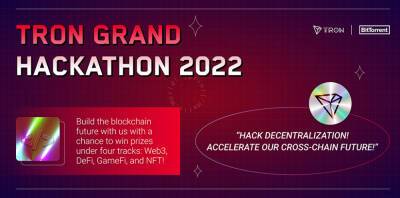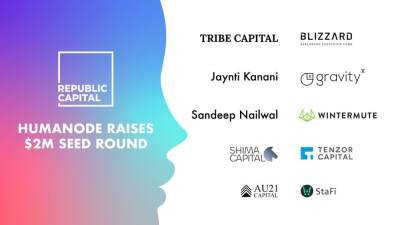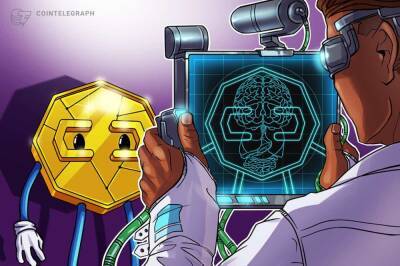Explained | What are hard forks and soft forks in blockchain?
To the layman, hard forks and soft forks may seem like some strange cutlery. However, in cryptocurrency parlance, forks refer to splits in a blockchain. Network developers often undertake voluntary software or protocol updates on their blockchains for various reasons.
These updates can be of two kinds - hard fork and soft fork.Soft forks are minor changes made to the blockchain. These changes do not disrupt the functional continuity of the blockchain’s previous version. This means that, non-upgraded users can still interact with non-upgraded users.
Soft forks are backwards compatible.On the other hand, hard forks are substantial changes made to the blockchain. These changes result in a discontinuity or disruption of the blockchain’s previous version. With a hard fork, non-upgraded users will not be able to interact with upgraded users.
As such, hard forks are backwards incompatible.The concept of changing the underlying rules or protocols of a software by the community is a common trait of open-sourced software. However, the concept of hard forks and soft forks is exclusive to blockchain technology.Also Read| The Complete Guide To IC15 : India's First Cryptocurrency IndexWho can make changes in a blockchain network?Before we dive deeper into the concepts of hard and soft forks, we must first understand who can make the changes in a decentralised blockchain. As various blockchains operate differently, we will take the example of Bitcoin and its governance.DevelopersIndividuals responsible for developing the code of the blockchain network are known as developers.
Read more on cnbctv18.com



















